AstraZeneca has announced results from a subgroup analysis of the SIROCCO and CALIMA Phase III trials. The results confirm benralizumab's compelling efficacy and identify key factors that predict which patients with severe, uncontrolled asthma would respond best to treatment with this potential new medicine.
Benralizumab is a monoclonal antibody that recruits natural killer cells, a component of the innate immune system, causing direct, rapid and near-complete depletion of eosinophils. Eosinophils are the biological effector cells that impact airway inflammation and airway hyper-responsiveness in approximately 50% of asthma patients, which leads to increased asthma symptoms, impaired lung function and more frequent exacerbations.
In this post-hoc analysis, benralizumab demonstrated efficacy across the full range of baseline blood eosinophil counts, with an increased number of prior exacerbations and a higher baseline blood eosinophil count associated with a greater treatment effect. A combination of both higher baseline blood eosinophil count and a history of more frequent exacerbations predicted an even greater magnitude of response for patients treated with benralizumab. Additionally, patients on oral corticosteroids and with nasal polyposis were more likely to have an enhanced treatment response. The results are being presented at the European Respiratory Society (ERS) International Congress 2017 in Milan, Italy and published simultaneously today in The Lancet Respiratory Medicine.
The overall safety profiles of the benralizumab and placebo arms were similar for both the SIROCCO and CALIMA trials, and the overall safety profile for benralizumab was in line with prior experiences.
J. Mark FitzGerald, MD, Director of the Centre for Heart and Lung Health at the Vancouver Coastal Health Research Institute and Principal Investigator of the study, said: "As a treating physician, I want to be confident that I am prescribing the right treatment that will provide maximum benefit to patients with severe, uncontrolled asthma. This important analysis shows benralizumab provides enhanced benefits for patients who experience more frequent exacerbations despite being on standard-of-care medicines and/or who present with higher baseline blood eosinophil counts. Knowing this will help us identify which patients can benefit most from benralizumab, and will ultimately help us improve the therapeutic management of severe, uncontrolled asthma.2
Colin Reisner, Head of Respiratory, Global Medicines Development at AstraZeneca, said: 2Severe, uncontrolled asthma affects millions of people around the world and exacerbations can be life-threatening. This new analysis of SIROCCO and CALIMA builds on robust clinical evidence supporting benralizumab for patients with severe, uncontrolled asthma, including more recent data from the Phase III ZONDA trial."
Benralizumab is under regulatory review in the US, EU, Japan and several other countries, with a US PDUFA date during the fourth quarter of 2017 and expected regulatory decisions elsewhere during H1 2018.
About Severe Asthma
Asthma affects 315 million individuals worldwide, and up to 10% of asthma patients have severe asthma, which may be uncontrolled despite high doses of standard-of-care asthma controller medicines and can require the use of chronic oral corticosteroids (OCS).
Severe, uncontrolled asthma is debilitating and potentially fatal with patients experiencing frequent exacerbations and significant limitations on lung function and quality of life. Severe, uncontrolled asthma has an eight times higher risk of mortality than severe asthma.
Severe, uncontrolled asthma can lead to a dependence on OCS, with systemic steroid exposure potentially leading to serious short- and long-term adverse effects, including weight gain, diabetes, osteoporosis, glaucoma, anxiety, depression, cardiovascular disease and immunosuppression. There is also a significant physical and socio-economic burden of severe, uncontrolled asthma with these patients accounting for 50% of asthma-related costs.
About the WINDWARD Programme
The WINDWARD programme in asthma is made up six Phase III trials, including SIROCCO, CALIMA, ZONDA, BISE, BORA and GREGALE. The two pivotal trials included in this analysis, SIROCCO and CALIMA, are randomised, double-blinded, parallel-group, placebo-controlled trials designed to evaluate the efficacy and safety of a regular, subcutaneous administration of benralizumab (fixed 30mg dose) for up to 56 weeks in exacerbation-prone adult and adolescent patients 12 years of age and older.
A total of 2,295 patients (1,204 in SIROCCO and 1,091 in CALIMA) received standard-of-care medicine (including high-dosage inhaled corticosteroids and long-acting beta-2 agonists [ICS/LABA]) and were randomised globally and received either benralizumab 30mg every 4 weeks; benralizumab 30mg every 4 weeks for the first three doses followed by 30mg every 8 weeks; or placebo. All benralizumab doses were administered via subcutaneous injection using an accessorised pre-filled syringe.
The third registrational trial, ZONDA, demonstrated a statistically-significant and clinically-meaningful reduction in daily-maintenance, OCS use compared with placebo for patients with severe, uncontrolled OCS-dependent eosinophilic asthma receiving benralizumab. Patients treated with benralizumab achieved a median reduction in OCS dose of 75%, and were more than four times as likely to reduce their OCS dose than those on placebo. The results were published in the New England Journal of Medicine in May 2017.
In addition to WINDWARD, the Phase III VOYAGER programme is currently underway, which is evaluating the efficacy and safety of benralizumab in patients with severe, chronic obstructive pulmonary disease (COPD).
About Benralizumab
Benralizumab is a monoclonal antibody that recruits natural killer cells causing direct, rapid and near complete depletion of eosinophils. Depletion of circulating eosinophils is rapid, with an onset of action within 24 hours as confirmed in early phase I/II trials. In the pivotal Phase III trials, SIROCCO and CALIMA, benralizumab demonstrated significant reduction in exacerbations and improved lung function and asthma symptoms in severe, uncontrolled eosinophilic asthma patients. Eosinophils are the biological effector cells in approximately 50% of asthma patients, leading to frequent exacerbations, impaired lung function and asthma symptoms. Benralizumab is not approved anywhere in the world, but is under regulatory review in the US, EU, Japan and several other countries.
Benralizumab was developed by MedImmune, AstraZeneca’s global biologics research and development arm and is in-licensed from BioWa, Inc., a wholly-owned subsidiary of Kyowa Hakko Kirin Co., Ltd., Japan.
About AstraZeneca in Respiratory Disease
Respiratory disease is one of AstraZeneca's main therapy areas, and the Company has a growing portfolio of medicines that reached more than 18 million patients in 2016. AstraZeneca's aim is to transform asthma and COPD treatment through inhaled combinations at the core of care, biologics for the unmet needs of specific patient populations, and scientific advancements in disease modification.
The Company is building on a 40-year heritage in respiratory disease and AstraZeneca’s capability in inhalation technology spans both pMDIs and dry powder inhalers, as well as the innovative Co-SuspensionTM Delivery Technology. The company’s biologics include benralizumab (anti-eosinophil, anti-IL-5rɑ), which has been accepted for regulatory review in the US, EU and Japan, tralokinumab (anti-IL-13), which is currently in Phase III trials, and tezepelumab (anti-TSLP), which successfully achieved its Phase IIb primary endpoint. AstraZeneca’s research is focused on addressing underlying disease drivers focusing on the lung epithelium, lung immunity and lung regeneration.





 ALL
ALL Pharma in China
Pharma in China Pharma Experts
Pharma Experts Market News
Market News Products Guide
Products Guide Brand Story
Brand Story

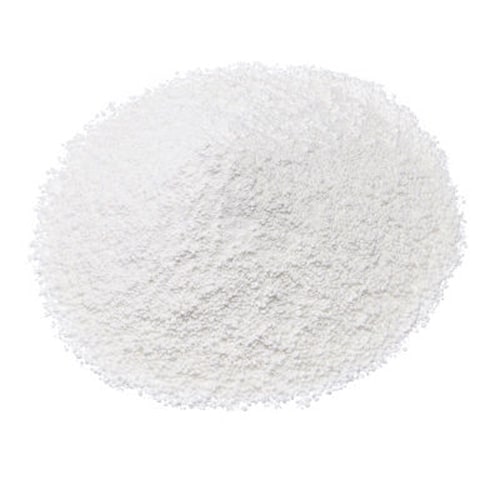


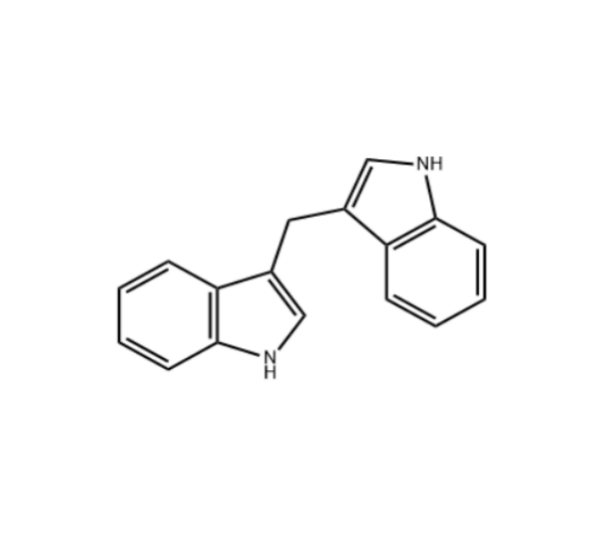
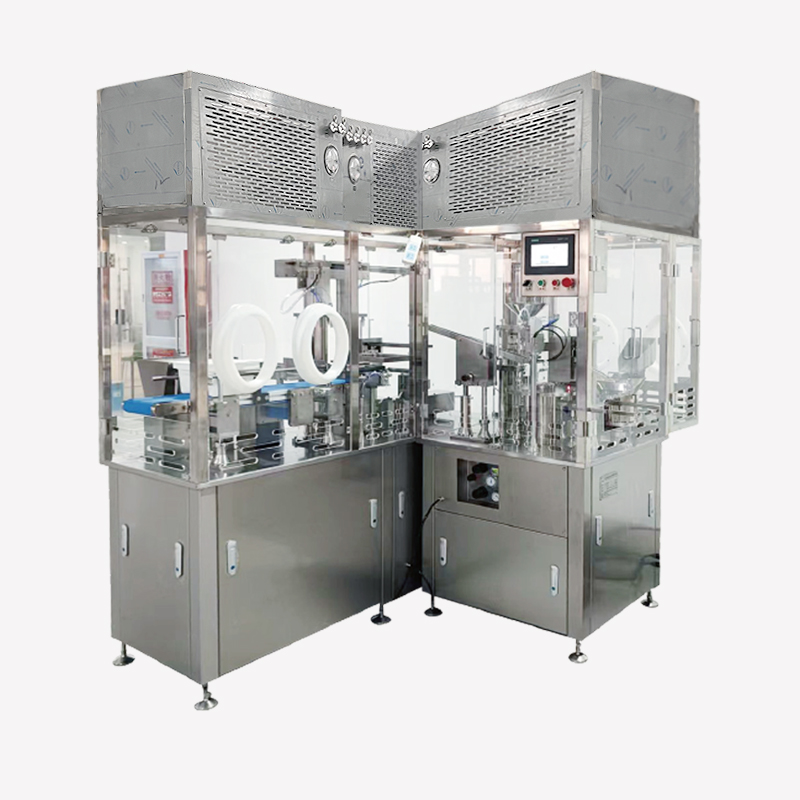












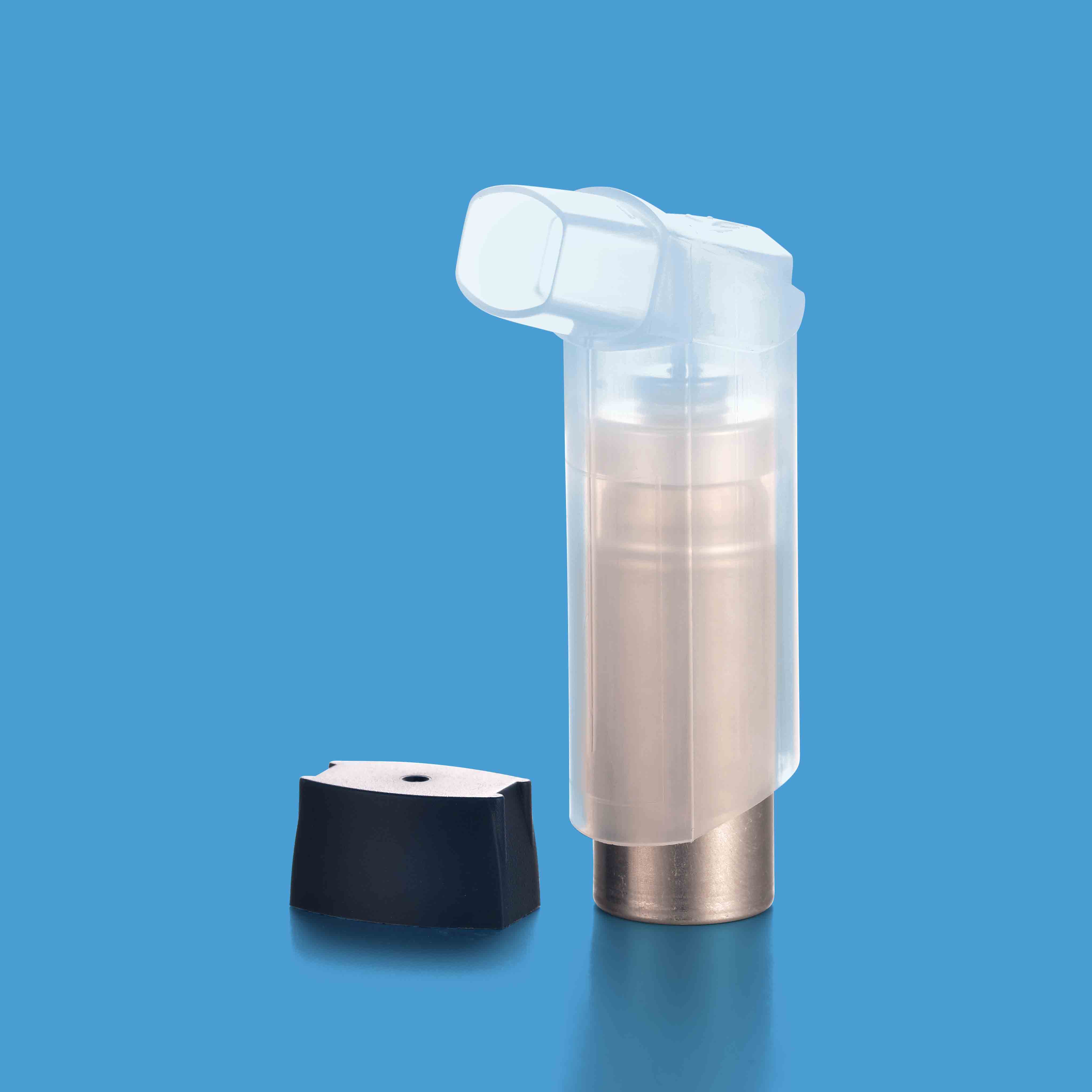
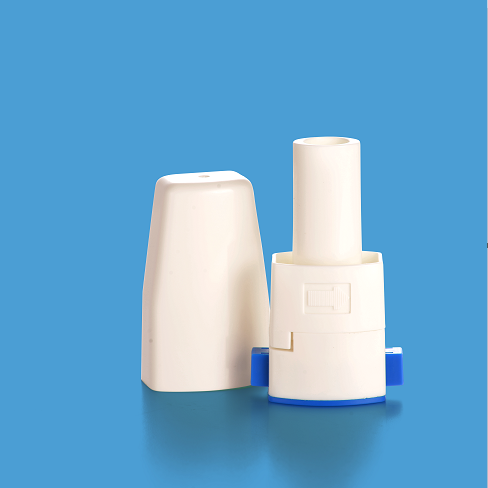





 Pharma Sources Insight January 2025
Pharma Sources Insight January 2025








